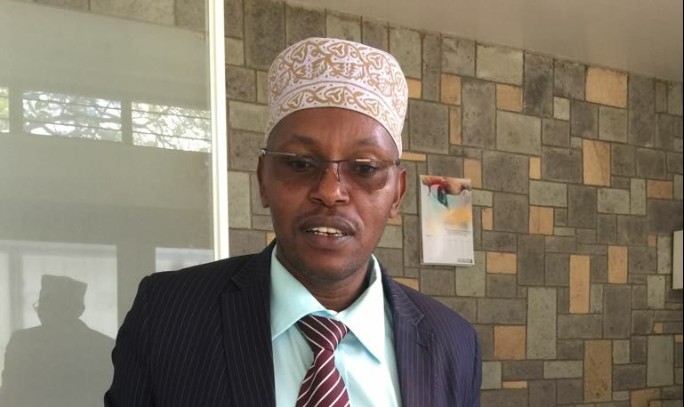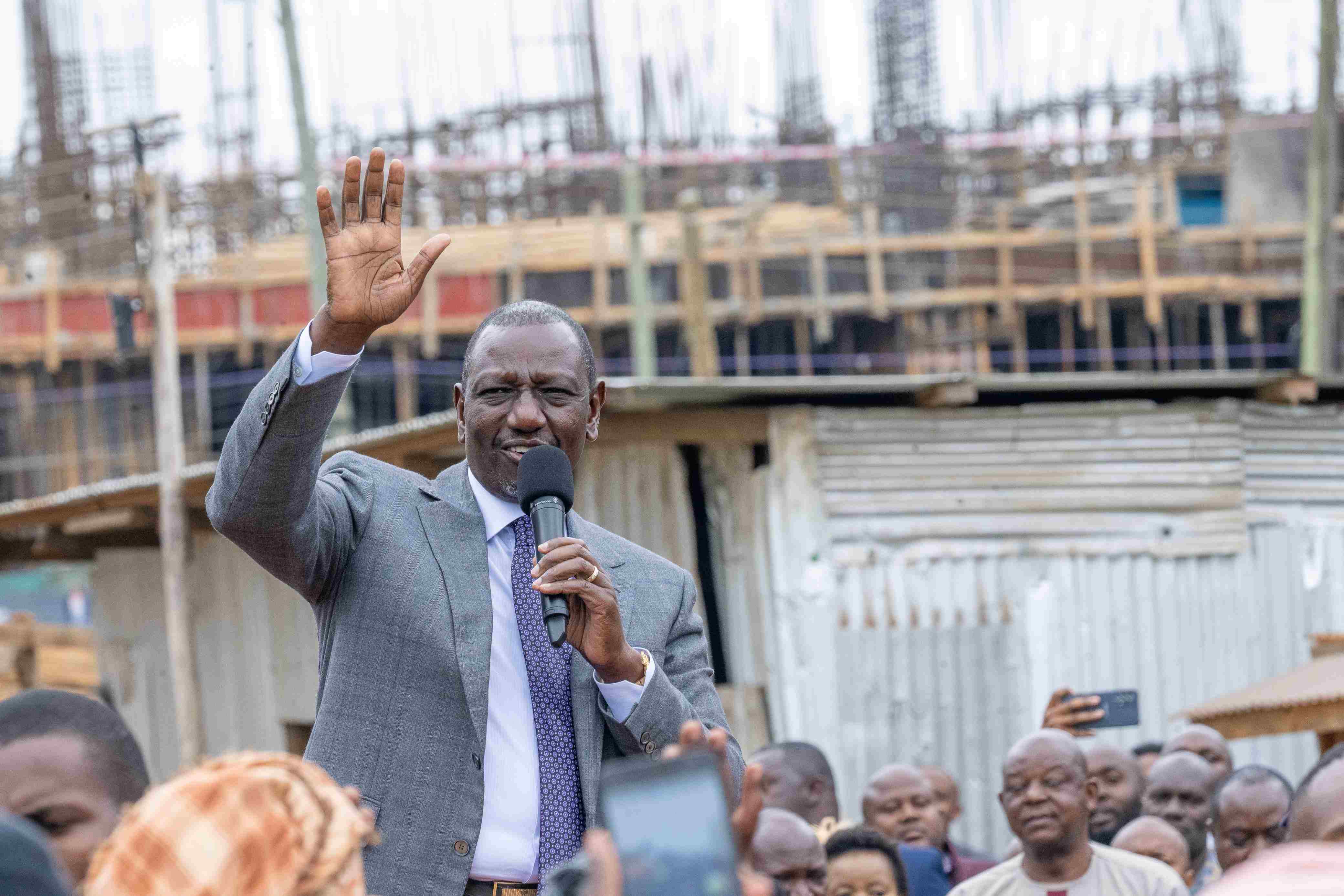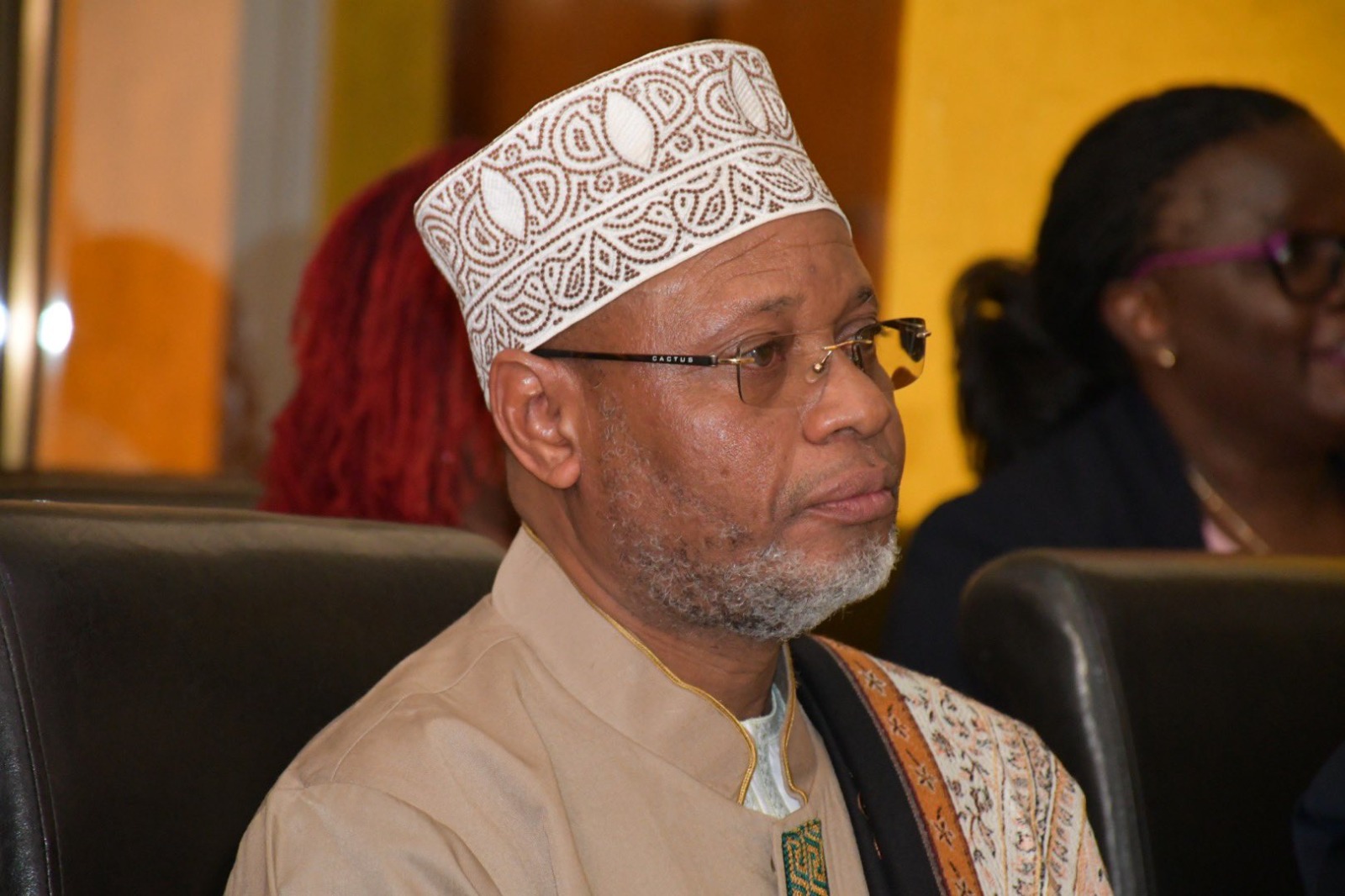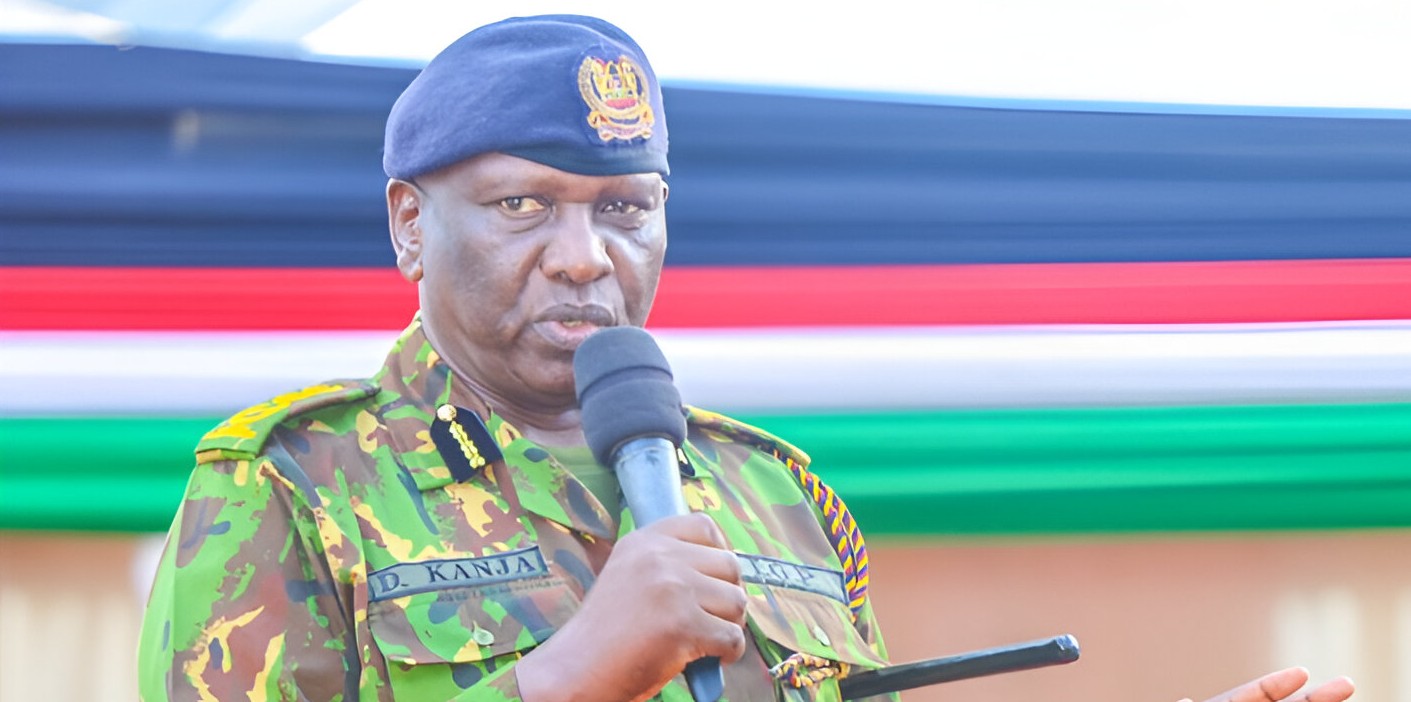City lawyer Lempaa sues to stop President from hiring more advisers, demands halt to salaries

He argues that there is no legal framework or regulations outlining how many advisers the President can appoint, creating a loophole that allows the head of state to flood the civil service with political appointees.
City lawyer Lempaa Suyianka has filed an urgent petition seeking to block President William Ruto from appointing more advisors and to stop salary payments to the 21 already in office.
He argues that there is no legal framework or regulations outlining how many advisers the President can appoint, creating a loophole that allows the head of state to flood the civil service with political appointees.
More To Read
- President William Ruto reinstates Charles Nyachae to Kenya School of Government post
- Washington address: Ex-DP Rigathi Gachagua vows to take Ruto to ICC over killings, abductions
- Budget shortfall threatens Ruto’s Sh29.7 billion youth empowerment programme
- President Ruto re-gazettes IEBC Chair Ethekon, six commissioners after court cites legal breach
- NDMA: 23 arid counties face water shortage, risk of drought-induced conflicts grows
- President Ruto becomes co-owner of Nairobi United, pledges Sh10 million
"These individuals are brought on board without adherence to the values and principles governing public service. Since the Kenya Kwanza government assumed office after the 2022 General Elections, the President has appointed a parallel civil service that duplicates the functions of the official civil service," the court documents read.
Suyianka contends that these political appointees are drawing billions of shillings in salaries and allowances at the expense of taxpayers.
"Pending the hearing and determination of the petition, the 1st to 21st interested parties should be barred from receiving any salaries and allowances from the 2nd respondent," reads the notice of motion.
Suyianka further argues that the President has filled and created the advisory positions outside the three constitutionally recognised methods, rendering the offices null and void.
He also notes that there was no public notice or consultation regarding the creation of these offices, nor were citizens invited to give their views on their viability.
"There was a general lack of transparency in the creation of, and recruitment into, these advisory offices," he asserts.
The number of President William Ruto's advisers at State House has grown from around seven to 17 in just over 10 months, with additional appointments made through the broad-based exchange programme.
Top Stories Today













































